Target prospects and customers in the open internet, even when Third-Party cookies are no longer available. Across programmatic and display.
Statista predicts that walled gardens in 2026 will take 82% of the worldwide digital advertising revenue (up from 67,7% in 2017), although users spend 67% of their time in the open internet.
Third-party cookie deprecation makes targeting on the open web more challenging.
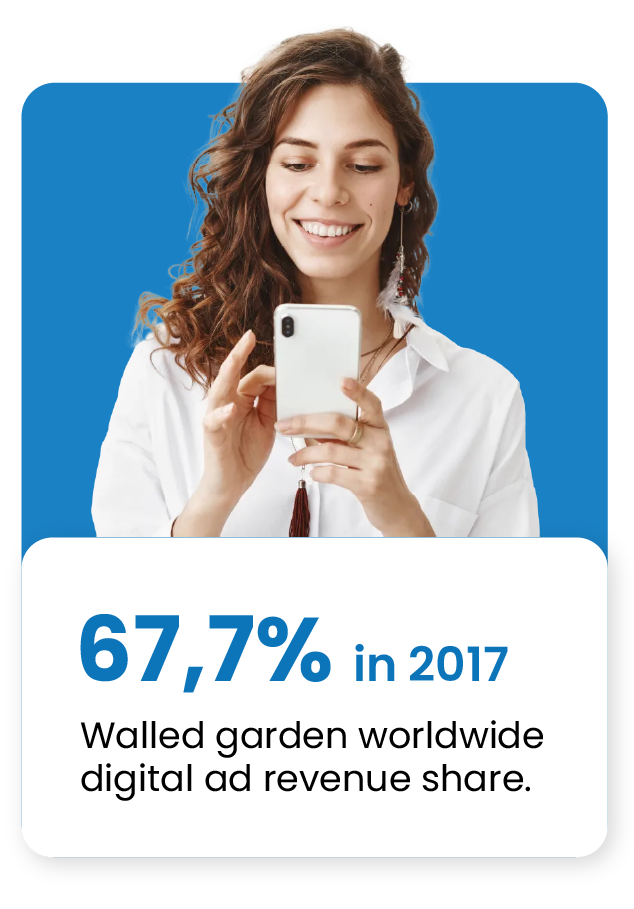
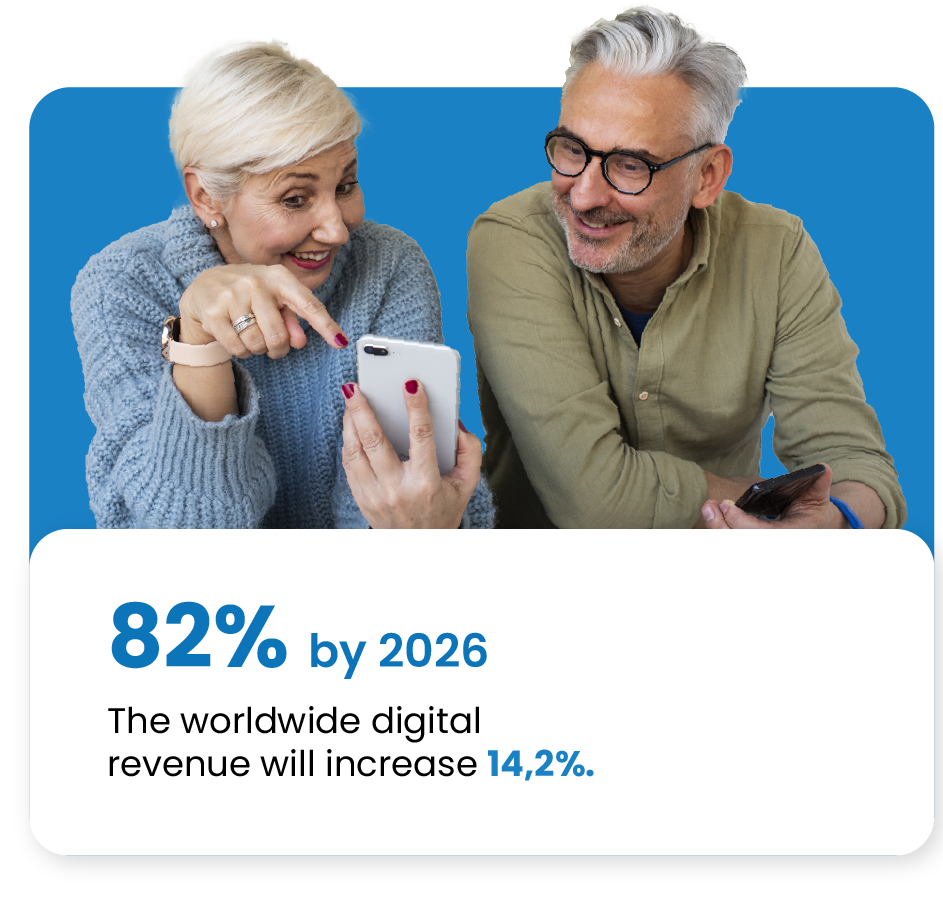
Effective addressability and personalisation whilst ensuring privacy compliance is a major challenge for advertising solutions.
Here are some strategies for targeting in the open web:

Contextual
Targeting
Contextual targeting involves displaying ads based on the content of the web page or app in which they appear. Advertisers can use keywords, topics, and page context to align their ads with relevant content. This method doesn’t rely on any IDs but only works for limited use cases.

Interest Based Targeting (e.g. Google Topics API)
Interest-based targeting focuses on user behaviour and preferences. Google’s Topics API, for instance, allows advertisers to understand users’ interests based on their online behaviour and then serve them relevant ads. It only works for Chrome and does not help you to activate your first-party data.

Fingerprinting
Fingerprinting involves collecting various non-PII data points from a user’s device, such as device type, browser version, screen resolution, and time zone. These data points are combined to create a unique “fingerprint” for the device. The approach is probabilistic and highly questionable from a privacy perspective.
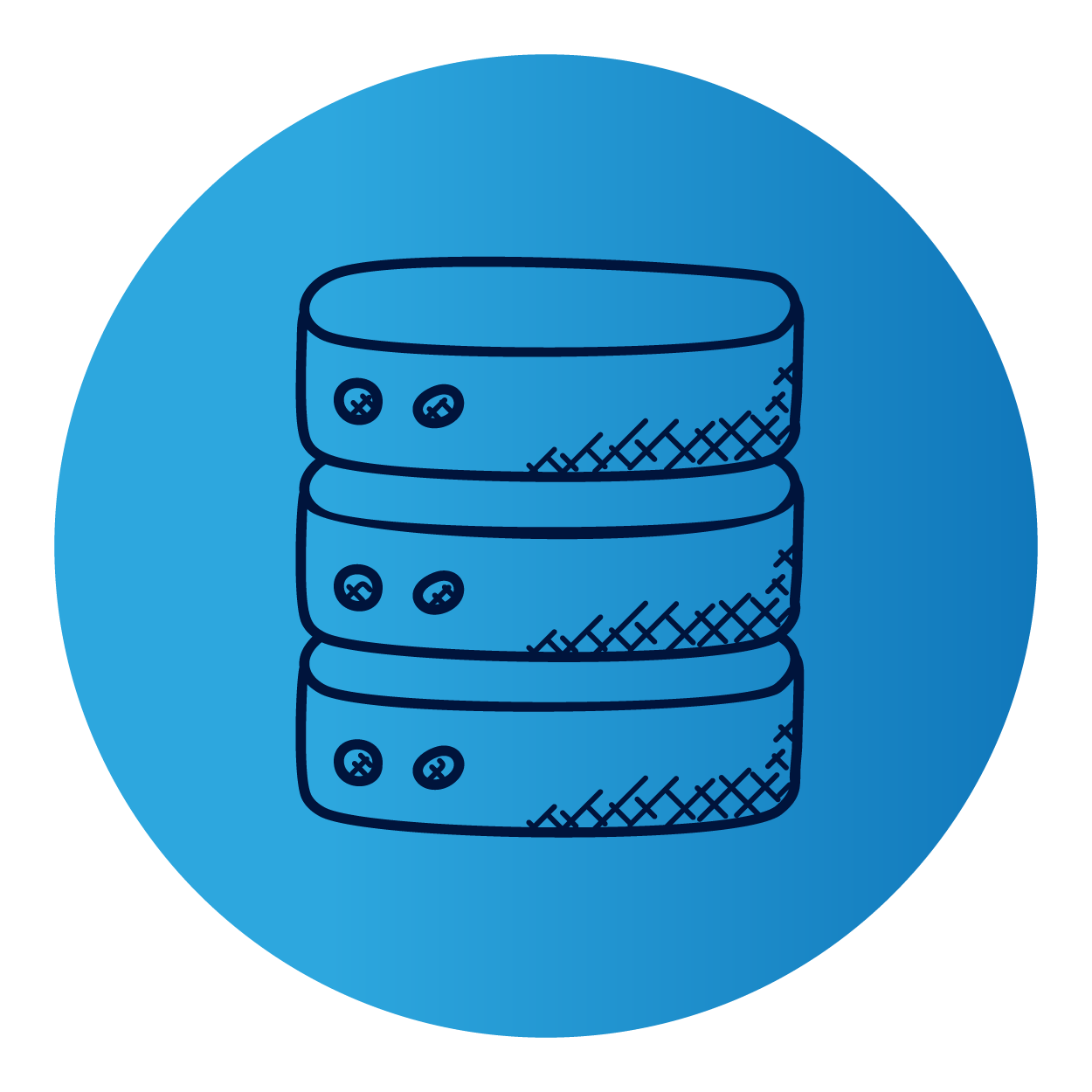
Universal IDs
Universal IDs, also known as cross-device or cross-channel IDs, are created by matching and linking user data across different devices and platforms, and are predominantly based on hashed emails. However, their reach is very limited.

Signal-based Solutions
Signal-based solutions make a secure API call to the user’s network operator, who provides a network signal that corresponds with the user’s connection. This method combines maximum reach with maximum data availability for best targeting results and cost-effectiveness.

At Teavaro we have partnered with Utiq to offer a privacy first signal based for effective targeting in the open web across devices, touchpoints, and publishers. In addition, we can integrate universal IDs into the ID Graph.
Long term partnership between Utiq and Teavaro to build a responsible digital marketing.

Teavaro will provide long term technology and service support in the development of Utiq’s Authentic Consent Service.
Teavaro, which previously developed and supported the validation of the original MVP* technology, will continue to work alongside Utiq’s product and engineering teams regarding ongoing operations and future innovation.
* MVP: Minimum Viable Product
Utiq is the Authentic Consent Service building a European digital marketing ecosystem based on trust and transparency, giving users simple and easy control over their data. Utiq enables brands and publishers to deliver relevant ad funded experiences to their audiences while embracing the very toughest privacy standards through its secure and encrypted consenthub and consentpass solutions.
Utiq was launched in 2023 with equal shares held by the telecommunications providers Deutsche Telekom AG, Orange SA, Telefónica S.A. and Vodafone Group plc.
Utiq, the new European ad tech business providing an Authentic Consent Service to the digital marketing ecosystem, and Teavaro, the leading European company for marketing identity solutions, announced on 7th September 2023 a long-term technology and service delivery partnership agreement.
Complete press release available in Press.
How does Utiq work
Requiring relevant brands and publishers to authenticate, or access user identities or their data. These secure signals work cross-browser and cross-device, offering accurate addressability at scale , whilst embracing the very toughest privacy standards.
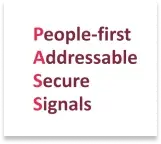
With Teavaro deploy and optimise Utiq’s Authentic Consent Service.

Utiq's authentic consent service allows
retargeting in the open internet.
This is possible through DSPs that offer the services on publisher inventory that participate in the Utiq service.
- Audiences can be created from profiles with associated martechpass. These audiences can then be activated through Teavaro's Utiq activator to participating DSPs in the programmatic ecosystem.
These activated audiences can be used for:
- Retargeting
- Building look-alike audiences
- In addition, you can personalise the retargeting messages based on the users' data (CRM…) based on your own ID Graph.

Targeting in the open web with Utiq's authentic consent service and your own ID Graph provide major benefits.

Frequency capping across publishers.

3.75x higher addressable audiences in Safari and Firefox where third-party cookies are already gone.

100% fraud-free traffic (typically 20% of traffic is fraudulent).

Nearly 100% match rate for retargeting users within a 90 day window.

Activation of your First Party data in the open web.

Your First-Party ID Graph is the foundation
for the following use cases.
You can see real examples from our customers and
how they benefit from our solution.

Build your First-Party
ID Graph.


Onsite
Personalisation.

Behavioural Direct Marketing.
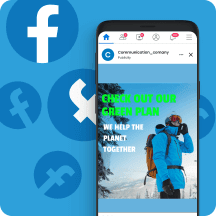
Targeting in Walled Gardens.

Targeting in the
Open Web.


